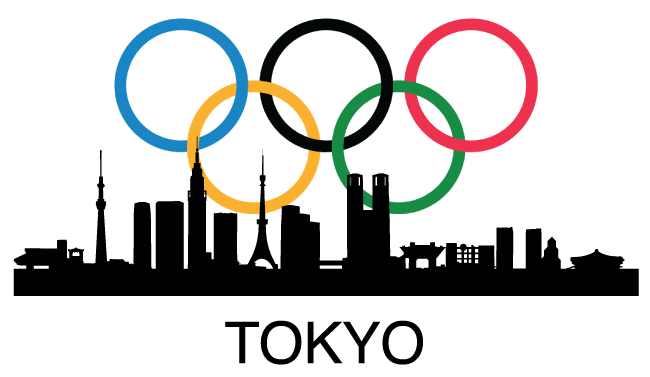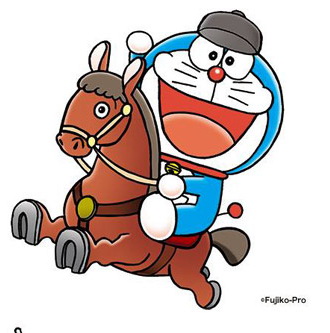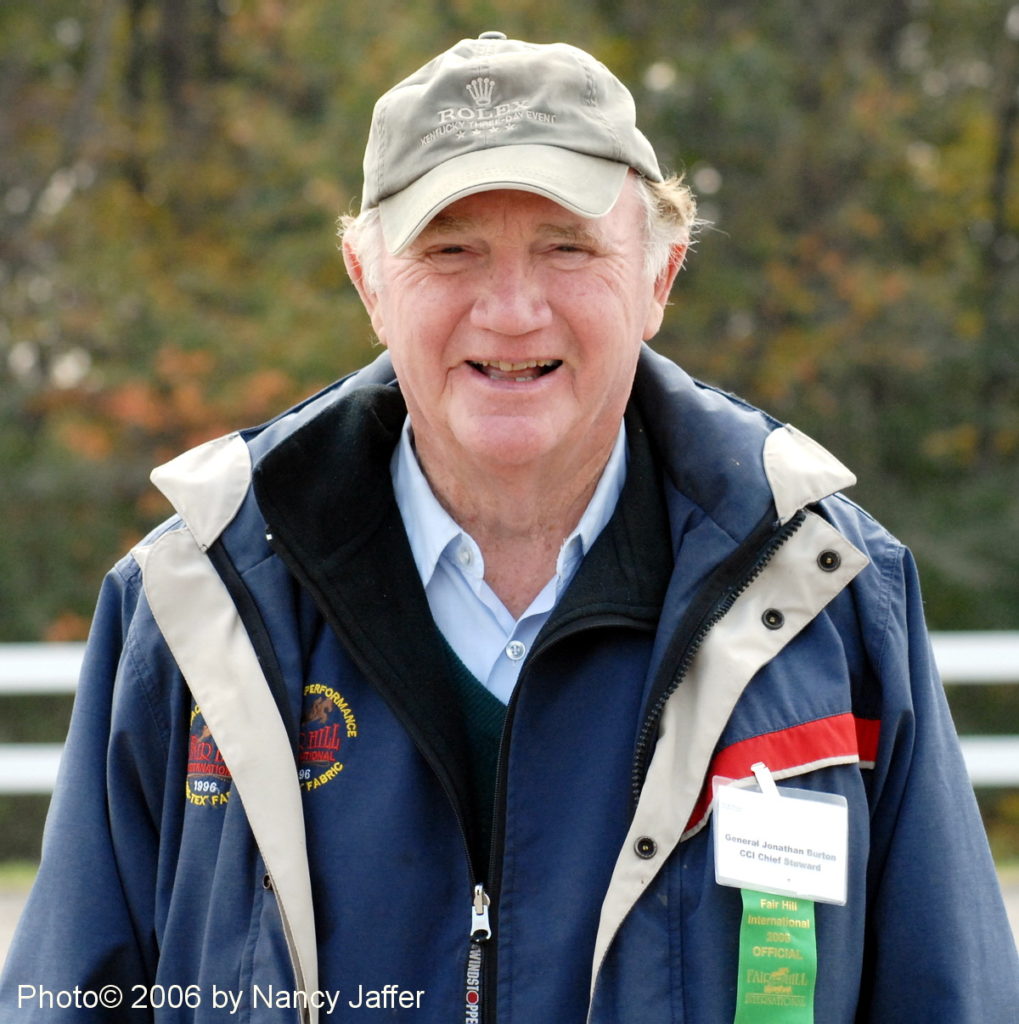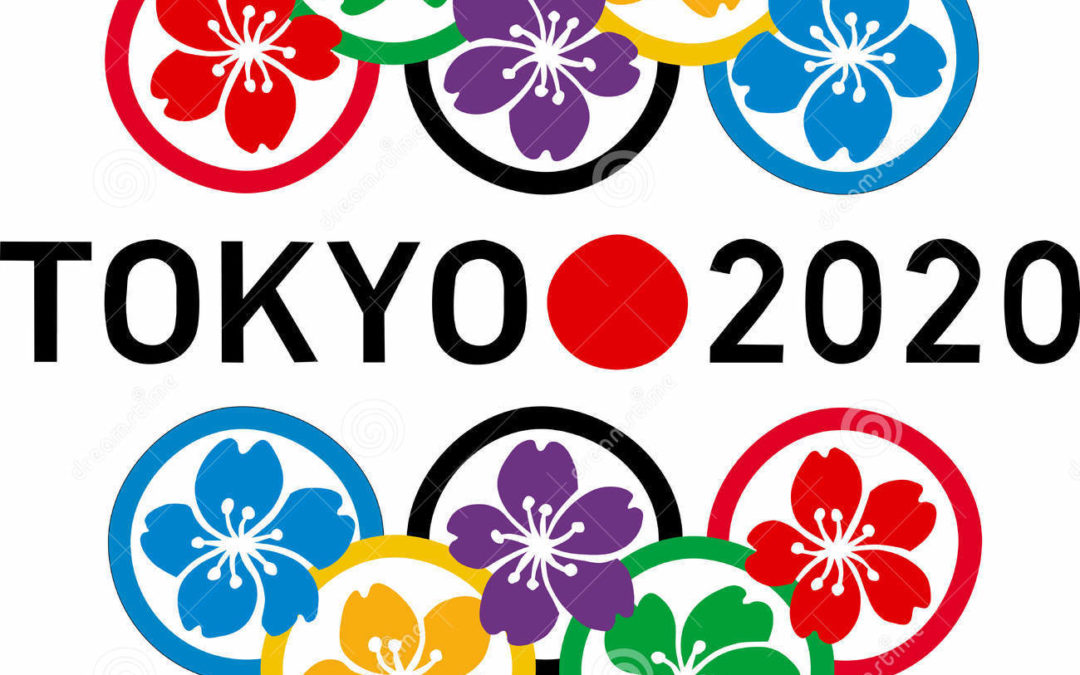Horse people don’t have a lot of time to reflect; we all know the demands made on us by caring for even one equine. So at the turn of the year, I always try to stop for a few minutes, put down my glass of champagne, and think about the past 12 months, while looking ahead to what awaits the equestrian world in the next 12.
Since we just made it to 2020, let’s think about that first, and what a big year it will be for horse sports. The Tokyo Olympics is in the forefront not only for riders, but also for fans.
Tokyo is 13 hours ahead of Eastern U.S. time during Daylight Savings, which means if you want to watch live, for the most part you’ll have to get up early–unless you can afford an expensive plane ticket and hotel room in Japan.

For instance, the Aug. 5 individual show jumping medal competition (which comes before the team competition, instead of after it, as usual) starts at 7 p.m. Tokyo time to avoid the hottest part of the day. That will begin airing at 6 a.m. U.S. time. You’ll get a break, though, if you want to see the eventing cross-country, which is likely to begin at 6:30 or 7 p.m. Eastern time (the exact hour will be determined this month)–that is 7:30 or 8 a.m. Tokyo time–again, in an attempt to avoid the worst heat. (See the On the Rail column of this website for more details about cross-country.)
How things will go for the U.S. at the Games is a big question mark in show jumping and eventing. All teams in the equestrian disciplines will have only three members. That’s no big deal for dressage, where it’s been done before and the chances of team members being eliminated are small. So things are likely to run close to form.
But without drop scores in the other disciplines, it’s harder than usual to calculate the odds. Remember that at the 2016 Olympics, Beezie Madden’s horse, Cortes C, could not compete on the day the show jumping medals would be decided because he had sustained an injury in the previous round. The U.S., left with a three-member team, claimed silver. But without a fourth team member, anything can happen. That being said, the U.S. has plenty of good prospects for a medal-winning squad.

Doraemon, the blue cat beloved in Japan, pops up in various logos as an Olympic athlete in a number of sports. Here is this character as a rider.
The U.S. eventers did not clinch an Olympic berth at the 2018 FEI World Equestrian Games, so the pressure was on at the Pan American Games in Lima last year. The gold medal there was the American ticket to Tokyo. But only two riders, Boyd Martin and Phillip Dutton, are on the “elite” list at the moment, though more will rise based on their performances at such events as the Land Rover Kentucky 5-star and Jersey Fresh International. That’s a plug to come out May 6-10 to Jersey Fresh (http://www.jfi3d.com/) at the Horse Park of New Jersey and see the Olympic hopefuls in person. Since cross-country is full of opportunities for mishaps (even a shortened course like the one in Tokyo), it’s hard to predict exactly what will happen in Tokyo.
In terms of Para Equestrian, the U.S. made quite a mark in that discipline at the 2018 WEG, so we should have good medal chances there.
Can’t afford to go to Tokyo? If you want to see great international show jumping and dressage live, how about a much less expensive trip–to the FEI World Cup Show finals in Las Vegas. This will be the seventh time it is being held in that city, and the glitter always adds something to the excitement. For tickets, go to https://www.worldcuplasvegas.com/. The dressage freestyle may be a sellout, so buy your seats early. Qualifying for the finals is continuing, but you can be assured such big names as Isabell Werth of Germany (the winner of the last three finals) will be on hand.
The U.S. becomes only the second country in the world to have two 5-star events when the Maryland 5-star at Fair Hill debuts Oct. 15-18, joining April’s Land Rover Kentucky fixture on the calendar of eventing’s top sport. The new Fair Hill Special Event Zone offers eventing a home at a location that also includes racing.
Taking a last look back at 2019, the biggest U.S. equestrian story was the impact of SafeSport. For 2019, the U.S. Equestrian Federation began requiring all competing members age 18 and over (as well as horse owners) to get SafeSport training in an effort to protect athletes from abuse. The sport was stunned as hunter/jumper icon George Morris was charged with sexual misconduct involving a minor and in November, permanently banned from attending recognized shows and participating in anything to do with the USEF or FEI (international equestrian federation). Earlier in the year, former American Grand Prix Association Rider of the Year Rob Gage committed suicide after receiving a SafeSport ban for sexual misconduct involving minors.
Athletes for Equity in Sport was formed in the wake of the Morris matter by a group concerned about fairness and the legal equity of the SafeSport process. It seeks to have Congress reform the way the program operates as the conversation over SafeSport continues.
The other story that jolted U.S. equestrians was the indictment of dressage trainer Michael Barisone on charges of attempted murder and gun law violations, after he was accused of shooting rider Lauren Kanarek twice in the chest during an August landlord/tenant dispute. A non-riding member of the 2008 Olympic dressage team, he remains in the Morris County Correctional Facility.
On the plus side, the USEF resolved continuing drug testing issues in a new partnership with the University of Kentucky. And after research and years of discussion in the veterinary committee, the USEF acted to ban use of Medroxyprogesterone acetate, which is believed to have a calming effect, in horses competing in its licensed competitions. A report cited 23 fatalities in connection with use of the substance, which has no therapeutic purpose in competition horses.
The World Equestrian Games, which too often had organizational problems after a brilliant inception in 1990, will not be held in 2022. The jumping, dressage, vaulting and para world championships will be staged in Denmark that year; eventing and driving are set for Italy. Reining and endurance championship sites have yet to be decided. Will we ever see a WEG again? I’m guessing it’s not happening in the new decade; it just takes too much in resources to present, and the benefits of putting all eight disciplines together are outweighed by the cost and effort involved.
As always, on New Year’s Day we remember those pillars of equestrian sport who have left us in the preceding year. One of the losses was Maj. Gen. Jonathan Burton, a veteran of the cavalry teams who went on to become instrumental in developing eventing in this country. He worked for the U.S. Equestrian Team, was an outstanding official and made contributions that improved the sport in so many ways.

Maj. Gen. Jonathan Burton
Ann Haller, an amazing official and volunteer, did so much for so many eventing competitions, as well as Pony Club, which was a special interest of hers. Her death during the summer caused shock waves across the sport in which she was beloved.
Those in New Jersey we lost included Jane Gilbert, a past president of the Horse Council of New Jersey, who was instrumental in helping ex-racehorses find new careers; Helen Gordon, a supporter of the U.S. Equestrian Team Foundation and Mane Stream; dynamic driving community member Louis Piancone, and Patricia Murphy, the widow of former U.S Equestrian Team President Vince Murphy who was a supporter of the USET Foundation in her own right.
We remember as well the great horses who left us. In eventing, they included Custom Made, David O’Connor’s 2000 Olympic individual gold medal mount and Winsome Adante, Kim Severson’s 2004 Olympic individual silver and team bronze medal partner, the first horse to win Rolex Kentucky three times.
Among the show jumpers who departed in 2019 were Anne Kursinski’s 1996 Olympic team silver medal ride, Eros and Glasgow, who won the American Invitational and numerous international prizes with Norman Dello Joio (look at the On the Rail section of this website for details.)
For me, the biggest milestone of the year was the publication of Riding for the Team. (https://www.uset.org/) Working on this project for two years gave me the opportunity to speak with many of those who have made a big mark on U.S. horse sports in eight disciplines since 1990. Hard to figure out what I can do for an encore that will be as inspiring and rewarding as this special project. But I’m sure I’ll find something, and of course, I’ll be continuing my efforts with Nancy Jaffer Equestrian Sports.
Happy New Year!




